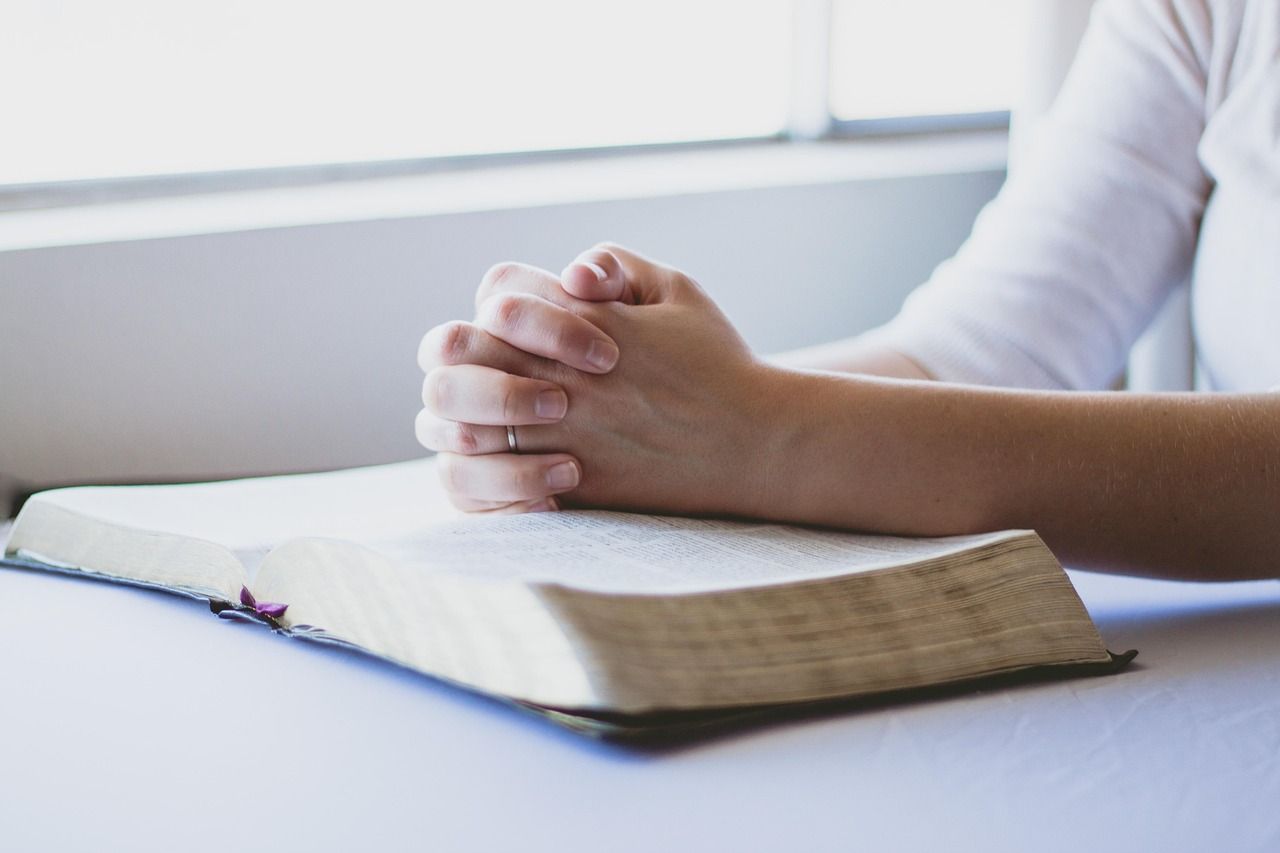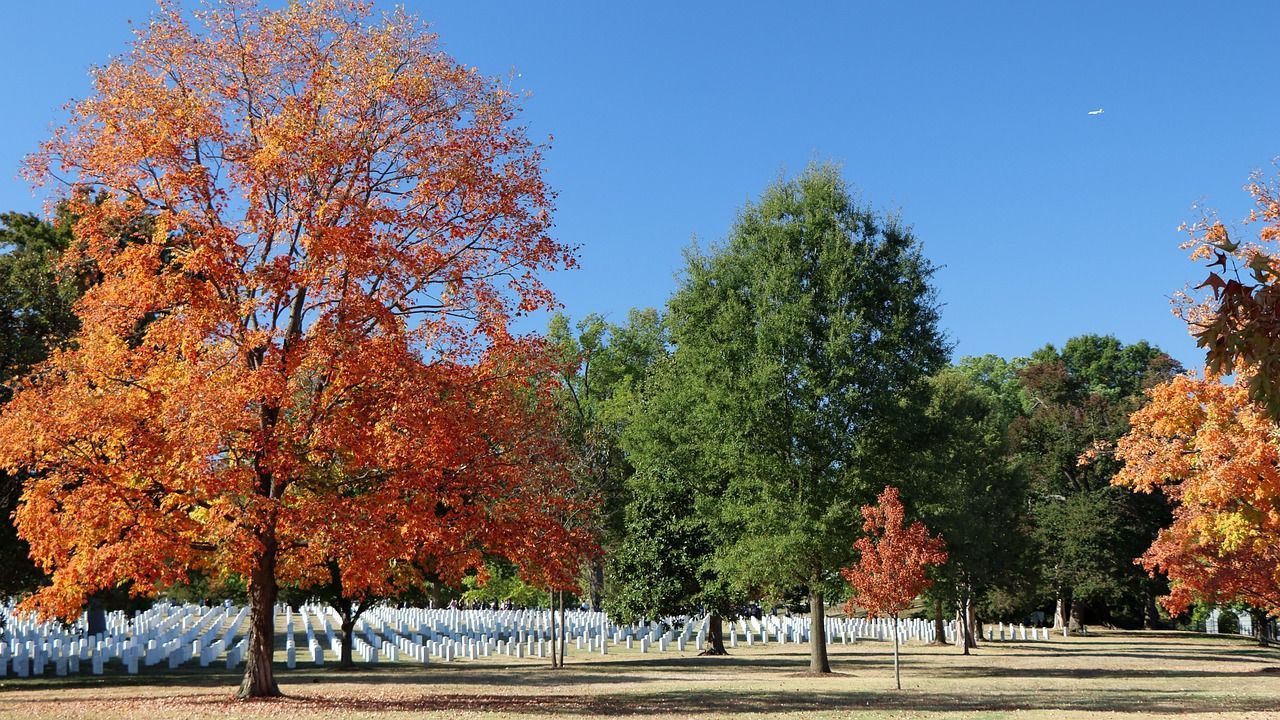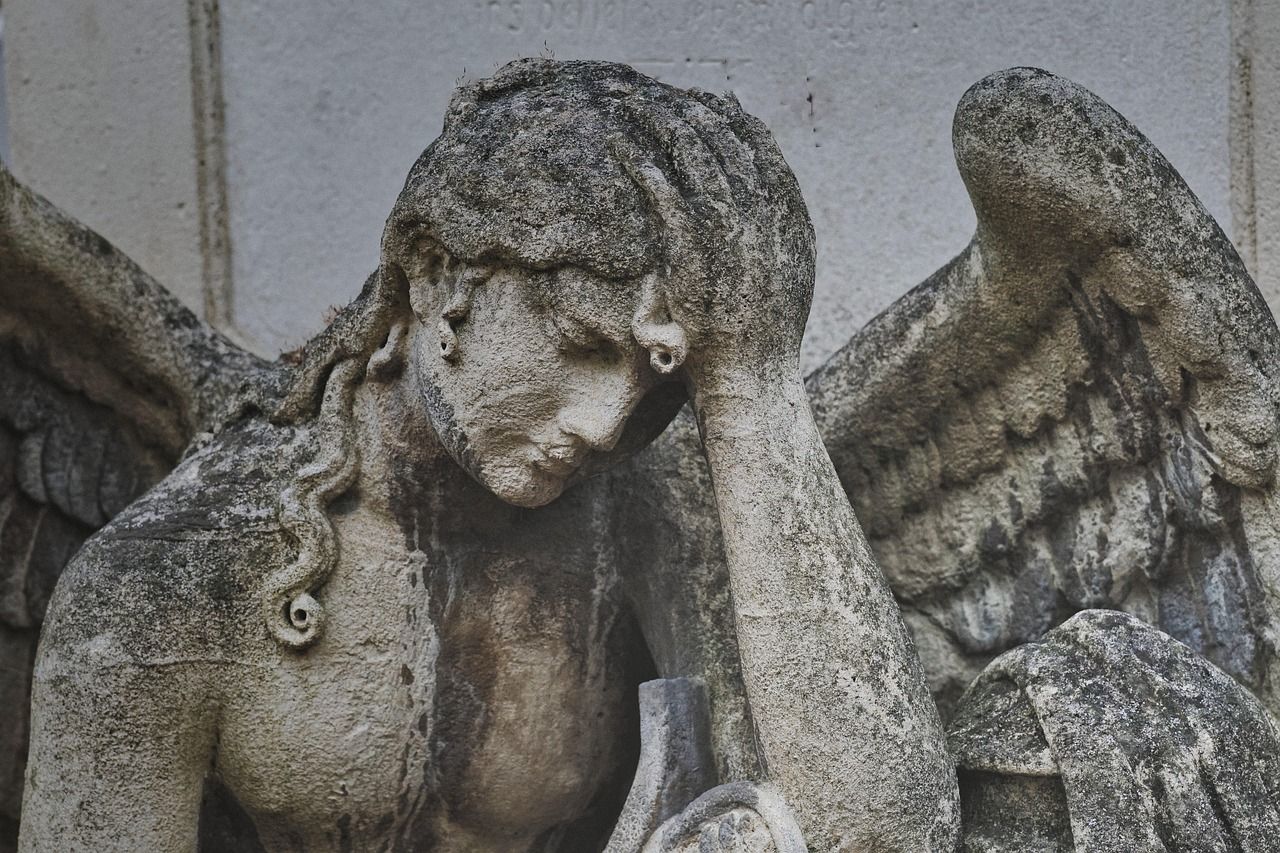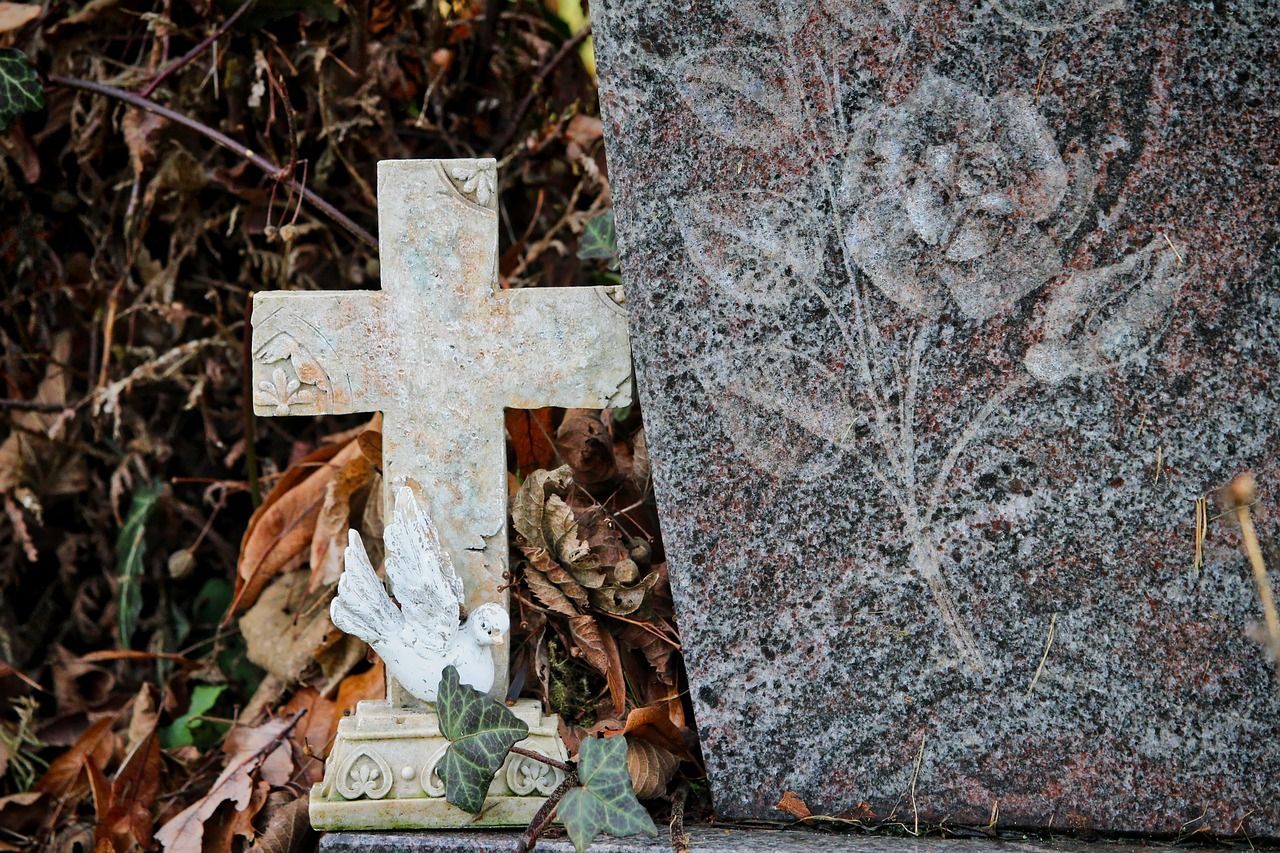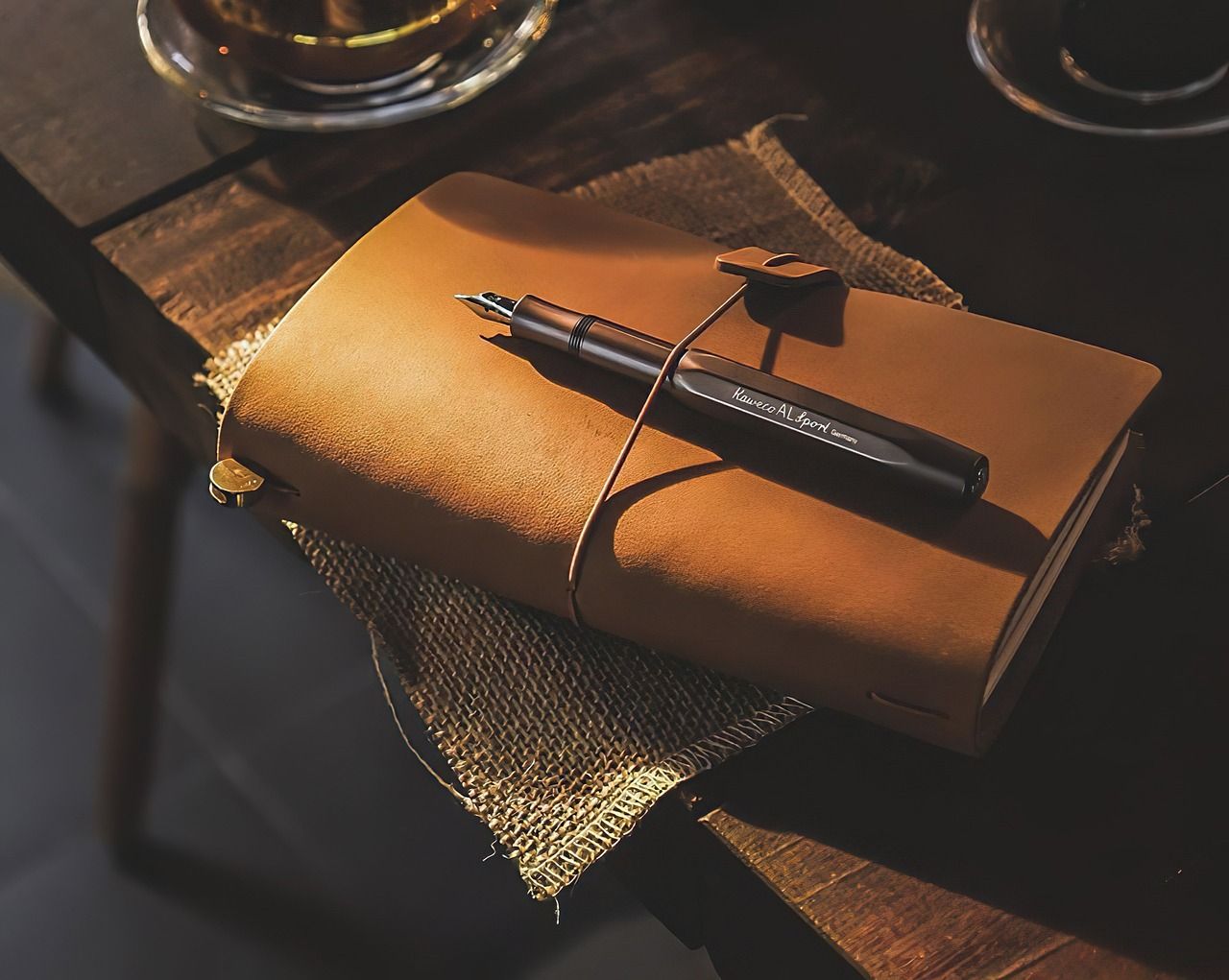How to Choose Between Burial and Cremation: Key Factors to Consider
When deciding between burial and cremation, consider personal beliefs, cost implications, environmental concerns, religious traditions, emotional aspects, practicalities, and legal requirements. Your spiritual connection, family traditions, and ethical considerations play a crucial role. Financial implications, environmental impact, and cultural customs are also significant factors. Reflect on emotional closure, practicality, and the needed legal and regulatory compliance. These factors will help you make an informed decision aligned with your values and circumstances.
Key Takeaways
- Consider personal beliefs, cost, environmental impact, religious/cultural factors, and emotional aspects.
- Evaluate the financial implications, affordability, and total expenses involved in burial and cremation options.
- Reflect on the environmental impact of cremation versus traditional burials for sustainability decisions.
- Respect religious and cultural practices, family traditions, and community expectations in decision-making.
- Acknowledge the emotional closure, grief process, healing rituals, and practical aspects when choosing between burial and cremation.
Personal Beliefs
If you're grappling with the decision between burial and cremation, understanding your personal beliefs can steer you through this challenging choice. Your spiritual connection, family traditions, personal preferences, ethical considerations, and moral beliefs all play a significant role in this decision-making process.
Spiritual connection is often a fundamental aspect to take into account when deciding between burial and cremation. For many, the afterlife and the manner in which the physical body is handled hold deep religious significance. Understanding how your spiritual beliefs align with burial or cremation can direct you towards a choice that resonates with your soul.
Family traditions can also heavily influence your decision. Considering what practices have been upheld by your family for generations can provide a sense of continuity and honor to those who came before you. Reflecting on how your choice aligns with these traditions may bring comfort and a feeling of connection to your roots.
Your personal preferences shouldn't be overlooked. Whether you feel drawn to the idea of a peaceful resting place in a cemetery or prefer the thought of being close to loved ones in a keepsake urn, your own desires are crucial in making this decision.
Ethical considerations and moral beliefs further shape the lens through which you view burial and cremation, allowing you to make a choice that aligns with your values and principles.
Cost Considerations
Considering the financial aspects involved in choosing between burial and cremation can provide clarity and assist in making a well-informed decision. It's important to evaluate the financial implications, budget constraints, price comparison, expense breakdown, and affordability factors when deciding between burial and cremation.
To help you understand the cost considerations better, here is a breakdown comparing burial and cremation:
- Service Costs:
Burial: Includes casket, embalming, and cemetery fees.
Cremation: Involves cremation container, crematory fees, and urn costs.
- Plot Costs:
Burial: Requires purchasing a burial plot, headstone, and maintenance fees.
Cremation: Typically does not involve purchasing a burial plot, but may incur costs for niche or scattering services.
- Total Expenses:
Burial: Can range from $7,000 to $10,000 or more.
Cremation: Generally costs between $3,000 to $7,000.
Environmental Impact
When exploring the environmental impact of burial and cremation, it's important to take into account the ecological footprint of each choice. Making green options when it comes to end-of-life decisions is increasingly vital.
Cremation, while often seen as a more eco-friendly choice due to its lower land use, still has environmental considerations. The process of cremation emits carbon dioxide and other pollutants, contributing to the carbon footprint. However, some facilities have started implementing sustainability measures to reduce these emissions, making cremation a more environmentally friendly option.
On the other hand, traditional burials also have their environmental impact. The use of embalming fluids, caskets, and burial vaults can have negative consequences on the environment. Opting for eco-friendly choices like natural burials or green burials can greatly reduce the environmental impact of the burial process. These alternatives focus on sustainability measures, ensuring that the burial process is more environmentally conscious.
When considering the environmental impact of burial and cremation, it's crucial to weigh the green options available and choose the one that aligns with your values and environmental considerations. By making informed decisions, you can contribute to a more sustainable end-of-life process.
Religious and Cultural Factors
Exploring the influence of religious and cultural beliefs on end-of-life decisions can offer valuable insights into the funeral preferences of individuals and communities. When considering burial or cremation options, it's crucial to take into account the impact of traditional practices, family traditions, cultural customs, religious beliefs, and community expectations.
- Traditional practices:
Many religions and cultures have long-standing traditions regarding funeral rites and practices. These traditions often dictate whether burial or cremation is the preferred method for honoring the deceased.
- Family traditions:
Families may have specific customs related to end-of-life arrangements that have been passed down through generations. These traditions can strongly influence the decision between burial and cremation.
- Cultural customs:
Different cultures have unique customs surrounding death and funerals. These customs can play a significant role in determining whether burial or cremation aligns more closely with cultural practices.
Considering the weight of religious beliefs, adherence to family traditions, respect for cultural customs, and meeting community expectations can assist individuals and families in making a choice that honors the departed in a meaningful way.
Emotional Closure
To find emotional closure after the loss of a loved one, understanding how different funeral choices like burial and cremation can impact this process is important. The grief process is unique to each individual, and the way you choose to honor your loved one can greatly influence your healing path.
Consider your family wishes when deciding between burial and cremation. Some may find solace in traditional burials, where visiting a gravesite provides a tangible connection to the departed. On the other hand, cremation offers various memorial options, such as scattering ashes in meaningful locations or keeping them in personalized urns, which can also aid in the healing process.
Healing rituals play a crucial role in coping with loss. Whether you opt for a burial or cremation, engaging in healing practices like holding a memorial service, sharing stories, or participating in cultural customs can provide comfort and closure.
Moreover, seeking emotional support from friends, family, or grief counselors is necessary during this challenging time. Remember, the choice between burial and cremation isn't just a practical decision but a meaningful one that can help you navigate the complex emotions of loss and begin your path towards emotional healing.
Practicality and Convenience
Consider the practical aspects of both burial and cremation to determine which option aligns best with your needs and circumstances. When weighing the practicality and convenience of each choice, several key factors come into play:
- Time Management:
Burial ceremonies often require more time for planning and coordination compared to cremation, which can be a quicker process. Consider your schedule and how much time you can dedicate to organizing the final arrangements.
- Family Involvement:
Both burial and cremation offer opportunities for family involvement, but the level of participation may differ. Reflect on how you envision your loved ones participating in the process and choose the option that best accommodates your family's wishes.
- Travel Restrictions:
If family members or friends need to travel to attend the funeral or memorial service, consider any travel restrictions that may impact their ability to be present. Opting for a more convenient option can help ensure that those closest to you can participate in honoring the deceased.
When making a decision between burial and cremation, practical considerations such as time management, family involvement, travel restrictions, and storage space should inform your choice.
Legal and Regulatory Requirements
When determining the choice between burial and cremation, understanding the legal and regulatory requirements is important for ensuring a smooth and compliant process. Documentation requirements play a significant role in both burial and cremation procedures. You'll need to make sure that all necessary paperwork, such as death certificates and permits, is in order before proceeding. State regulations vary, so it's crucial to familiarize yourself with the specific laws governing burials and cremations in your area to avoid any complications.
The licensing process is another key aspect to take into account. Depending on your location, there may be specific licenses or permits required to carry out burials or cremations. Ensuring compliance with these standards is crucial to avoid any legal issues.
It's advisable to seek professional assistance from funeral directors or crematorium staff who are well-versed in the legalities surrounding burial and cremation. They can assist you through the process, making sure that all regulatory requirements are met.
Frequently Asked Questions
Can I Have a Traditional Funeral With Cremation?
Yes, you can have a traditional funeral with cremation. Many options exist, including combining a traditional service with a memorial ceremony honoring religious customs or family preferences. Discuss these choices with your funeral provider for guidance.
What Happens to Dental Fillings During Cremation?
During cremation, metal fillings in teeth withstand high temperatures and may not fully disintegrate. Dental materials like amalgam may leave residue, filtered out afterward. This process gives comfort to many families as they lay their loved ones to rest.
Are There Any Restrictions on Scattering Ashes?
When scattering ashes, be mindful of legal requirements, environmental impact, cultural beliefs, memorial options, and personal preferences. Guarantee compliance, respect for nature, traditions, meaningful memorials, and choices that honor your loved one.
How Does the Embalming Process Affect the Environment?
Embalming can harm the environment due to chemicals used and slowing the decomposition process. Consider eco-friendly alternatives like natural burial or aquamation for a more sustainable choice that lessens environmental impact.
Can I Choose a Biodegradable Casket for Burial?
When considering burial, you can choose a biodegradable casket made of sustainable materials for a natural burial. Opting for eco-friendly options helps reduce environmental impact, promoting sustainable practices in the funeral industry.
In summary, when deciding between burial and cremation, it's important to take into account your personal beliefs, financial situation, environmental concerns, and cultural factors.
Keep in mind, the decision is in your hands, and there's no one-size-fits-all answer.
Take the time to carefully assess your options, consult with loved ones, and make a decision that feels right for you. Ultimately, the choice is yours to make, and it should be made with care and consideration.

